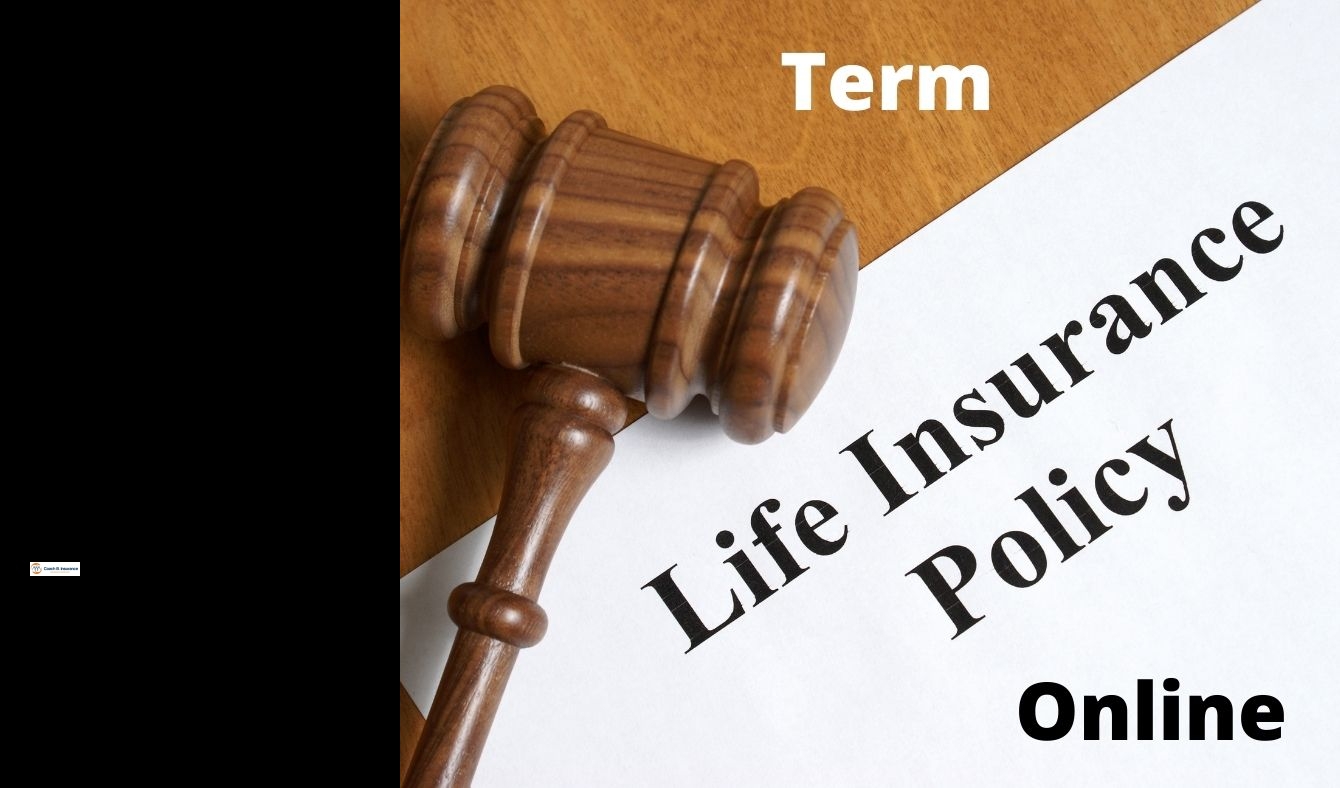best term life insurance sproutt
According to the National Association of Insurance Commissioners(NAIC), certain term policies can include a return of any premium features. If a death benefit isn't paid out before the end of the term you'll get back some or all of the premiums paid. This option is more expensive.
The loss of a close friend or loved one can be devastating and impact all areas of a person's lives. The unexpected can mean that everyday expenses become more difficult to manage. Making the best decision about the right kind of life insurance policy is key to preparing your family for what lies ahead. Secure your loved ones' financial future by choosing a flexible, comprehensive insurance option.



